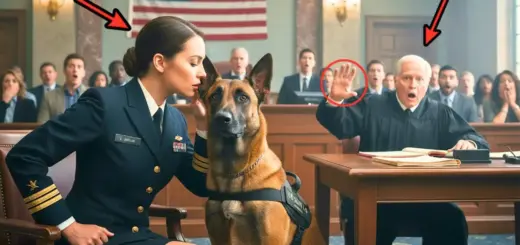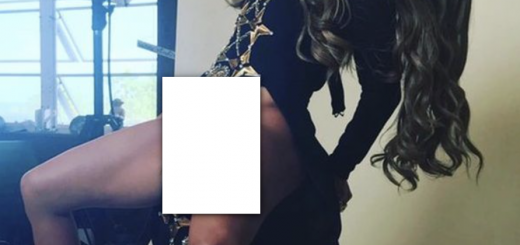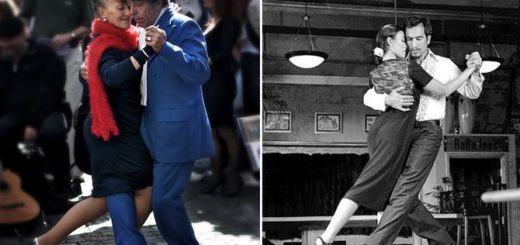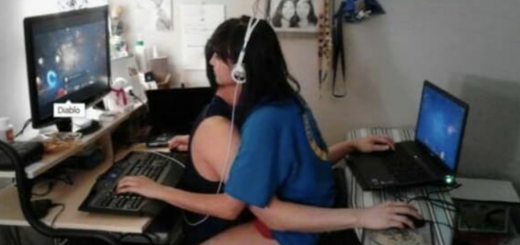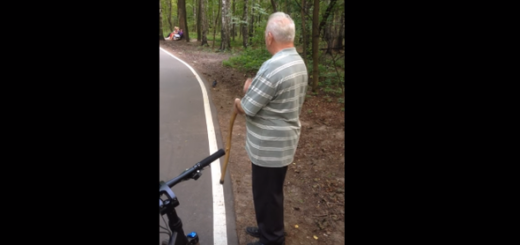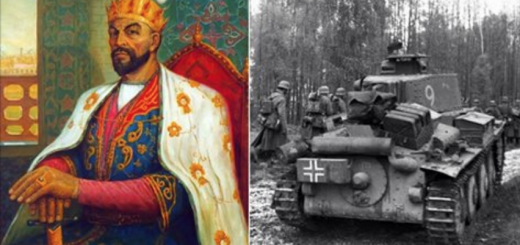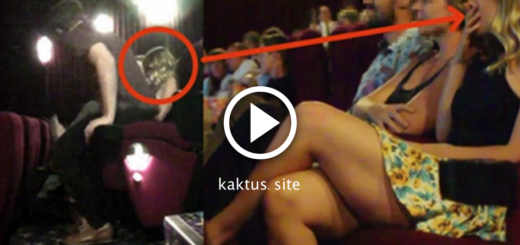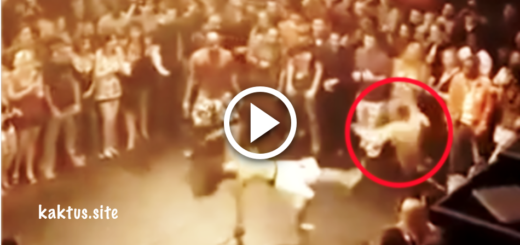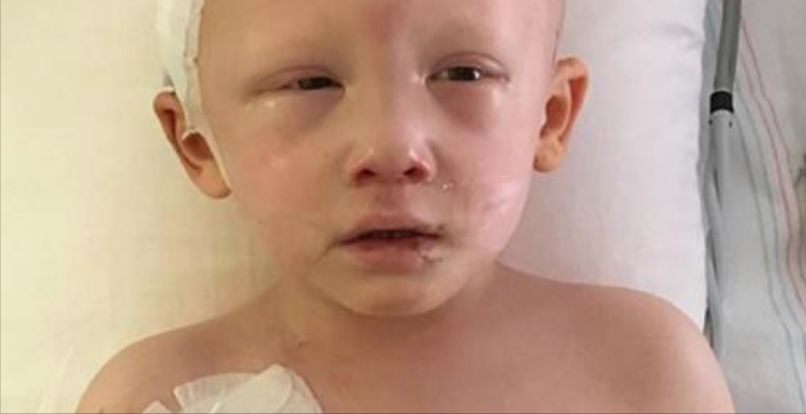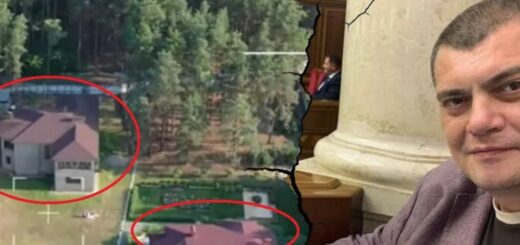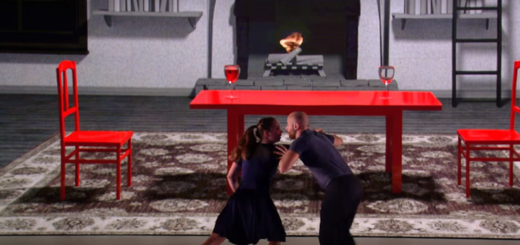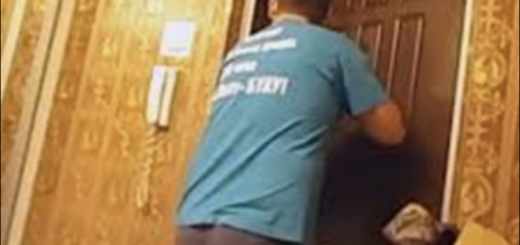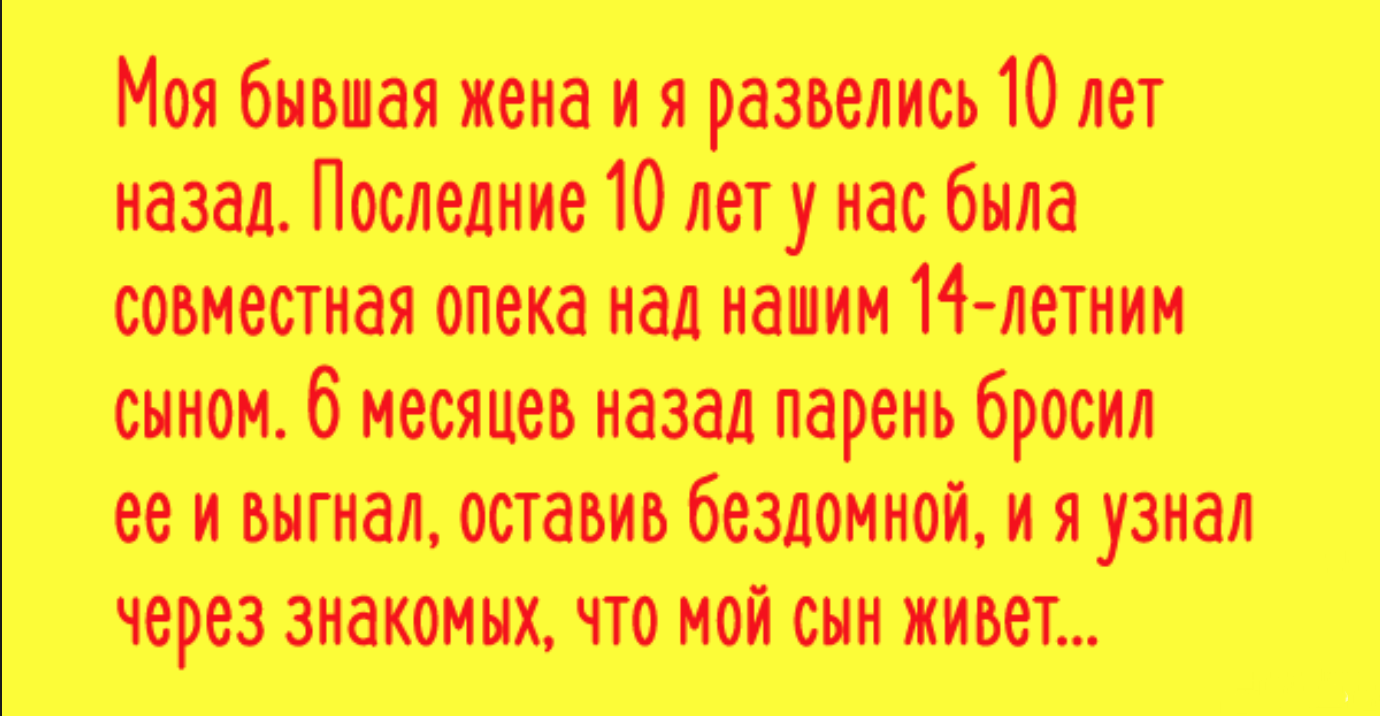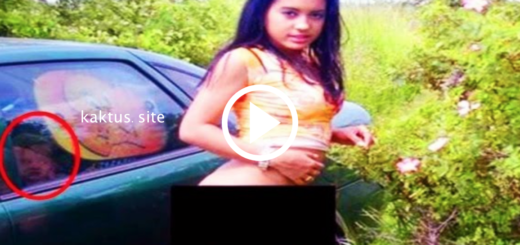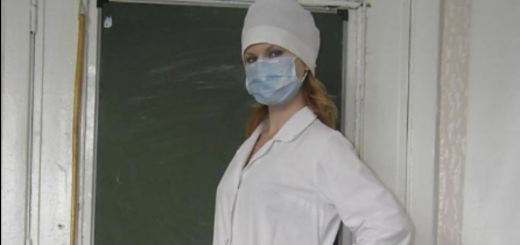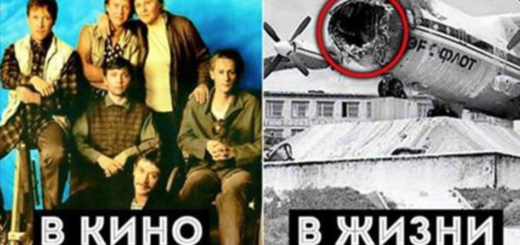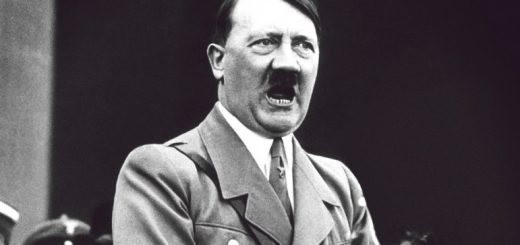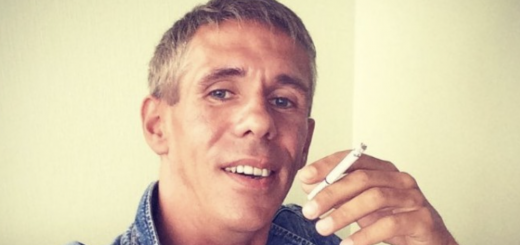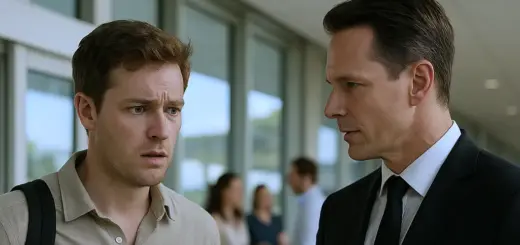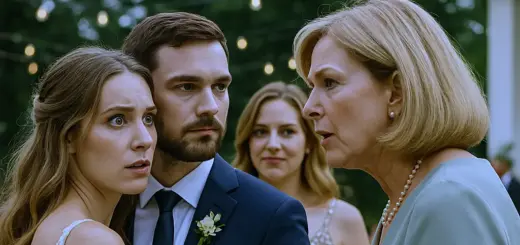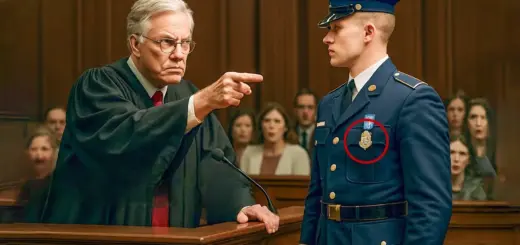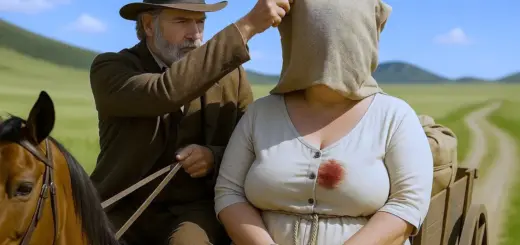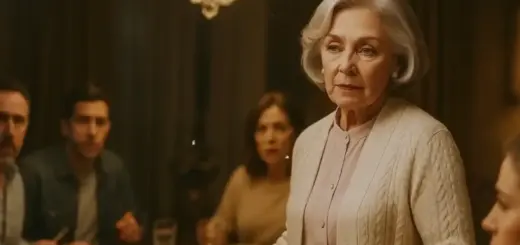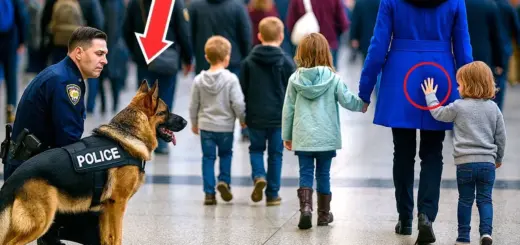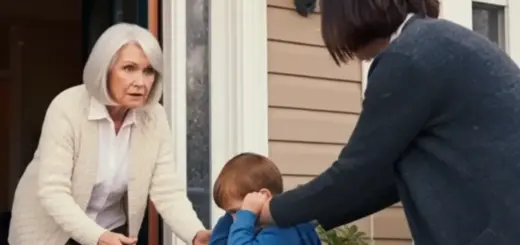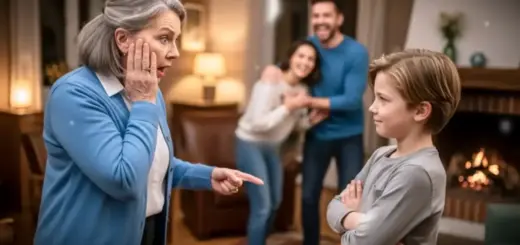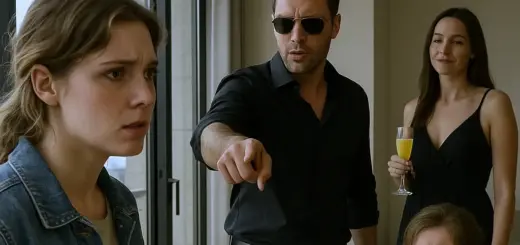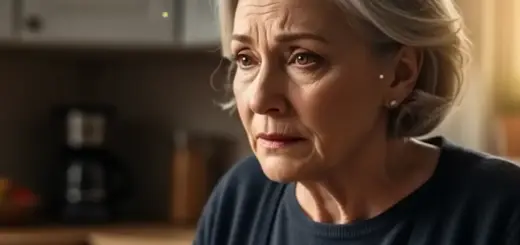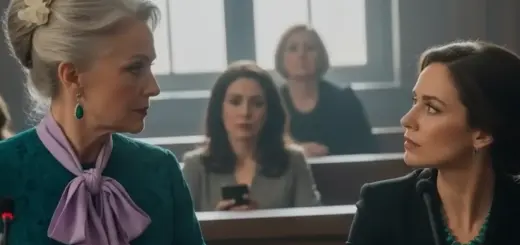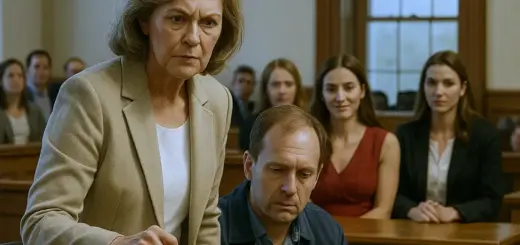I was seated behind a pillar at my sister’s wedding. Everyone pretended I wasn’t family. Then a stranger sat beside me and said, «Just follow my lead and pretend you’re my date.» When he stood to speak, everyone turned, and my sister stopped smiling. But I’m getting ahead of myself. Let me start from the beginning.
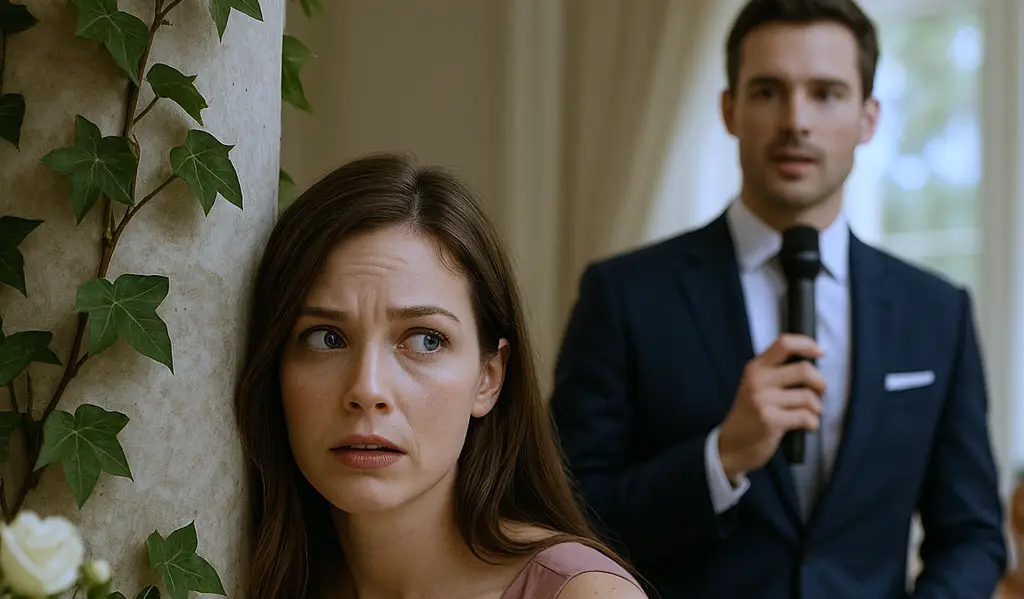
From the moment I received that cream-colored invitation in the mail three months earlier. The envelope arrived on a Tuesday morning in April. I was living in Denver then, working as a pastry chef at a boutique bakery downtown.
My apartment was small but cozy, filled with the scent of vanilla and cinnamon from my experimental baking sessions. I’d been up since four that morning, perfecting a new recipe for honey lavender croissants. So when I finally stumbled home around two in the afternoon, I almost missed the elegant envelope wedged between bills and grocery store circulars.
Victoria was getting married. My older sister. The golden child.
The daughter who could do no wrong in our mother’s eyes. The invitation was formal. Traditional.
Exactly what I expected from her. White embossed lettering announced her union to someone named Gregory, a name I’d never heard her mention during our increasingly rare phone calls. I should have been happy for her.
Sisters are supposed to be happy for each other during milestone moments. But as I held that invitation, all I could think about was the last family dinner we’d attended together, six months earlier. Our mother had hosted Thanksgiving at her house in the suburbs.
I’d brought a pumpkin cheesecake I’d spent two days perfecting. Layers of spiced cream cheese and ginger snap crust that had turned out beautifully. Victoria had brought store-bought pie.
«Elizabeth, you really shouldn’t have gone to so much trouble,» my mother said, barely glancing at my dessert before placing it on the far corner of the buffet table. «Victoria’s pie looks lovely. So classic and traditional.»
That was how it always went. Victoria could show up empty-handed and receive praise for her presence alone. I could bring the moon on a silver platter and it would somehow be too much.
Too showy. Too trying too hard. The wedding invitation included a small note card, handwritten in Victoria’s perfect cursive.
«Elizabeth, I know we haven’t been as close lately, but it would mean everything to have you there. You’re my only sister.»
I called her that evening. She answered on the fourth ring, sounding distracted. «Victoria, I got your invitation. Congratulations.»
«Oh, good. I was worried it might get lost in the mail. Can you make it?»
«Of course, I wouldn’t miss it. Tell me about Gregory. How did you two meet?»
There was a pause, just long enough to make me wonder.
«At a pharmaceutical conference. He’s a regional director at Bennett Health Solutions. Very successful. Very established. Mother absolutely adores him.»
Of course she did. I wondered if Victoria loved him, or if she loved how he looked on paper. «I’m really happy for you,» I said, trying to mean it.
«Thank you. Listen, I have to run. We’re meeting with the wedding planner in twenty minutes. I’ll send you more details later.»
She hung up before I could say goodbye. I stared at my phone, at the abrupt end to our conversation, and felt something familiar settle in my chest. It wasn’t quite sadness. Wasn’t quite anger. It was the dull ache of being perpetually secondary.
The weeks leading up to the wedding passed in a blur of work and preparation. I bought a new dress, a soft blue that complemented my complexion without being too attention-grabbing. I arranged time off from the bakery, much to my boss’s dismay since June was our busiest season.
I should have known something was wrong when Victoria didn’t ask me to be a bridesmaid. She had five bridesmaids, I learned from her social media posts. College friends, work friends, even our cousin Jessica who she’d barely spoken to in years.
But not me. «The wedding party is already set,» she explained, when I finally worked up the courage to ask. «You understand, right? These are people I see regularly.»
I understood perfectly. I understood that I’d never be part of her inner circle, that our shared childhood meant nothing compared to her current social standing. The wedding was scheduled for a Saturday in late June at an upscale resort outside Denver.
I drove there alone, my dress hanging carefully in the back seat, a small gift wrapped in silver paper on the passenger seat. I’d spent weeks deciding what to give them, finally settling on a set of handcrafted ceramic bowls from a local artist. Something thoughtful, something that showed I cared.
The resort was stunning. Manicured lawns stretched toward mountain views, and the ceremony site overlooked a pristine lake. White chairs were arranged in perfect rows, and flowers seemed to bloom from every available surface.
Victoria had spared no expense, which meant our mother had spared no expense. This was the wedding she’d always dreamed of. The perfect culmination of her perfect daughter’s perfect life.
I arrived two hours early, hoping to find Victoria and offer my help or at least my support. Instead, I found chaos. The bridal suite was filled with laughing women in matching robes, champagne glasses in hand, while a photographer captured every moment.
I knocked softly on the open door. Victoria glanced up from her makeup chair, her eyes meeting mine for just a second before sliding away. «Elizabeth, you’re here early.»
«I thought maybe I could help with something.»
«Everything’s under control. The wedding planner has it all handled. Why don’t you go find your seat? The ceremony starts soon.»
One of the bridesmaids, a blonde woman I didn’t recognize, giggled and whispered something to the woman next to her. They both looked at me and smiled in that way people do when they’re being polite, but really wish you’d leave. I backed out of the room, my face burning.
I shouldn’t have come early. I shouldn’t have assumed I’d be welcome in that inner sanctum of pre-wedding preparations. The ceremony site was still being prepared when I made my way outside. Staff members rushed around with last-minute adjustments, perfecting what was already perfect.
I wandered to the area where guest seating had been arranged, looking for my name card. Row after row of chairs stretched before me, each row marked with small numbered signs. The front rows were clearly reserved for immediate family and VIPs.
I expected to find my name somewhere in the second or third row, close enough to show I mattered, far enough to acknowledge I wasn’t part of Victoria’s daily life. I found my name card in the back row. The very last row, partially hidden behind a decorative pillar that supported the ceremony arbor.
From that seat, I’d have a blocked view of the ceremony, unable to see my sister’s face as she said her vows. I stood there holding that little card with my name printed in elegant script, and something inside me cracked. This wasn’t an oversight.
This was deliberate. This was Victoria’s way of putting me exactly where she thought I belonged. Out of sight. Out of mind. Barely acknowledged.
I could have left then. I could have driven back to Denver, called in sick, and spent the day nursing my wounded pride with ice cream and bad television. But stubbornness kept my feet planted.
I was her sister. And I’d been invited. And I’d be damned if I’d give her the satisfaction of my absence.
Guests began arriving around four in the afternoon. I watched from my position behind the pillar as people found their seats, greeted each other warmly, and took photos against the picturesque backdrop. I recognized some faces from family gatherings, aunts and uncles and cousins I hadn’t seen in years.
None of them noticed me tucked away in my corner. Our mother arrived 20 minutes before the ceremony, resplendent in a champagne-colored gown that probably cost more than my monthly rent. She was escorted to the front row by a groomsman, beaming and accepting congratulations from everyone she passed.
She didn’t look back, didn’t scan the crowd for her younger daughter. Why would she? I was exactly where I was supposed to be. Invisible.
The ceremony began at five exactly. Music swelled from hidden speakers, and the wedding party processed down the aisle. Each bridesmaid looked beautiful in their matching sage-green dresses, carrying bouquets of white roses and eucalyptus.
The groomsman followed in sharp navy suits. Then came the ring-bearer and flower girl, children I didn’t recognize, probably from Gregory’s family. Finally, Victoria appeared on our father’s arm.
Even from my obstructed view, I could see she was stunning. Her dress was a masterpiece of lace and silk, her veil trailing behind her like a cloud. Our father, who I’d barely spoken to since my parents’ divorce five years earlier, looked proud and distinguished in his tuxedo.
I craned my neck around the pillar, trying to catch a better view. The angle was terrible. I could see maybe forty percent of the actual ceremony, mostly just the backs of people’s heads and occasional glimpses of the officiant.
That’s when I noticed I wasn’t alone in the back row. A man sat two chairs away from me, partially hidden by the same pillar. He was younger than most of the guests, maybe in his early thirties, wearing a perfectly tailored charcoal suit.
His dark hair was styled casually, and he had the kind of sharp features that belonged in a magazine advertisement. But what struck me most was the expression on his face. He looked as out of place and uncomfortable as I felt.
He caught me looking and offered a small, sympathetic smile. I smiled back weakly before returning my attention to the ceremony, or what I could see of it. The officiant spoke about love and commitment and partnership.
Victoria and Gregory exchanged vows that I couldn’t quite hear from my position. They exchanged rings, kissed to enthusiastic applause, and just like that, my sister was married. The ceremony lasted maybe twenty-five minutes, though it felt both longer and shorter than that.


